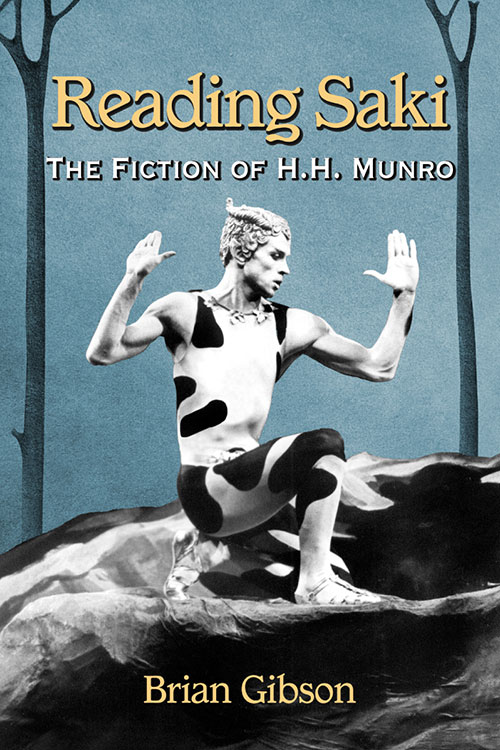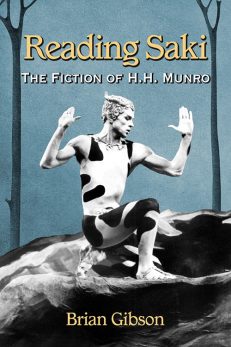Reading Saki
The Fiction of H.H. Munro
Original price was: $49.95.$24.99Current price is: $24.99.
In stock
About the Book
Here is a thorough critical re-examination of the Edwardian master of the darkly humorous short story, Saki (the pen name of Hector Hugh Munro, 1870–1916). Saki the satirist constantly rebelled against but depended upon the world of H.H. Munro, the gentleman bachelor. In reassessing the importance of post–Wilde sexuality, anti-suffragist feelings, and attitudes towards Jews and Slavs in Saki’s oeuvre, it becomes clear that the fiction of Saki reflects a fervid imperial masculinity in Britain as World War I approached. The tension between rebellious sexual politics and pro-patriarchy, nationalist views in Saki’s fiction reflects a time when the old, manly, bourgeois traditions of coming home from work to “the angel of the hearth” and defending King and Country abroad increasingly clashed with new sexual identities, women’s agitation for the vote, and the growing presence of non–British Others in the public imagination.
About the Author(s)
Bibliographic Details
Brian Gibson
Format: softcover (6 x 9)
Pages: 296
Bibliographic Info: appendices, notes, bibliography, index
Copyright Date: 2014
pISBN: 978-0-7864-7949-8
eISBN: 978-1-4766-1532-5
Imprint: McFarland
Table of Contents
Acknowledgments viii
Preface 1
A Note on the Source Text and on Saki’s Uncollected Writings 3
Introduction: Saki’s Dependent Dissidence 5
1. “A Furtive Sinister ‘Something’”: Saki’s Camp 27
2. “The Threat”: Saki’s Anti-Auntness, Misogyny and Anti-Suffragettism 91
3. “Cross Currents”: Anti-Semitism, Slavic Europe and Britishness in Saki’s Fiction 150
Conclusion 197
Appendix A—H. H. Munro’s Business Letters to John Lane The Bodley Head Publishing Company, 1911–15 217
Appendix B—H. H. Munro’s Letter to the Editor re: Enlistment, Morning Post, Wednesday, August 5, 1914 242
Appendix C—Schematic of the Writing Personas of Hector Hugh Munro 243
Chapter Notes 245
Bibliography 267
Index 277
Book Reviews & Awards
“Gibson’s thorough critical re-examination situates this Edwardian author as deeply vexed…and vexing…commentator on issues of homeland security, anti-suffragist sentiment, class mobility, and the influence of ethnic trespassers.”—Year’s Work in English Studies.





